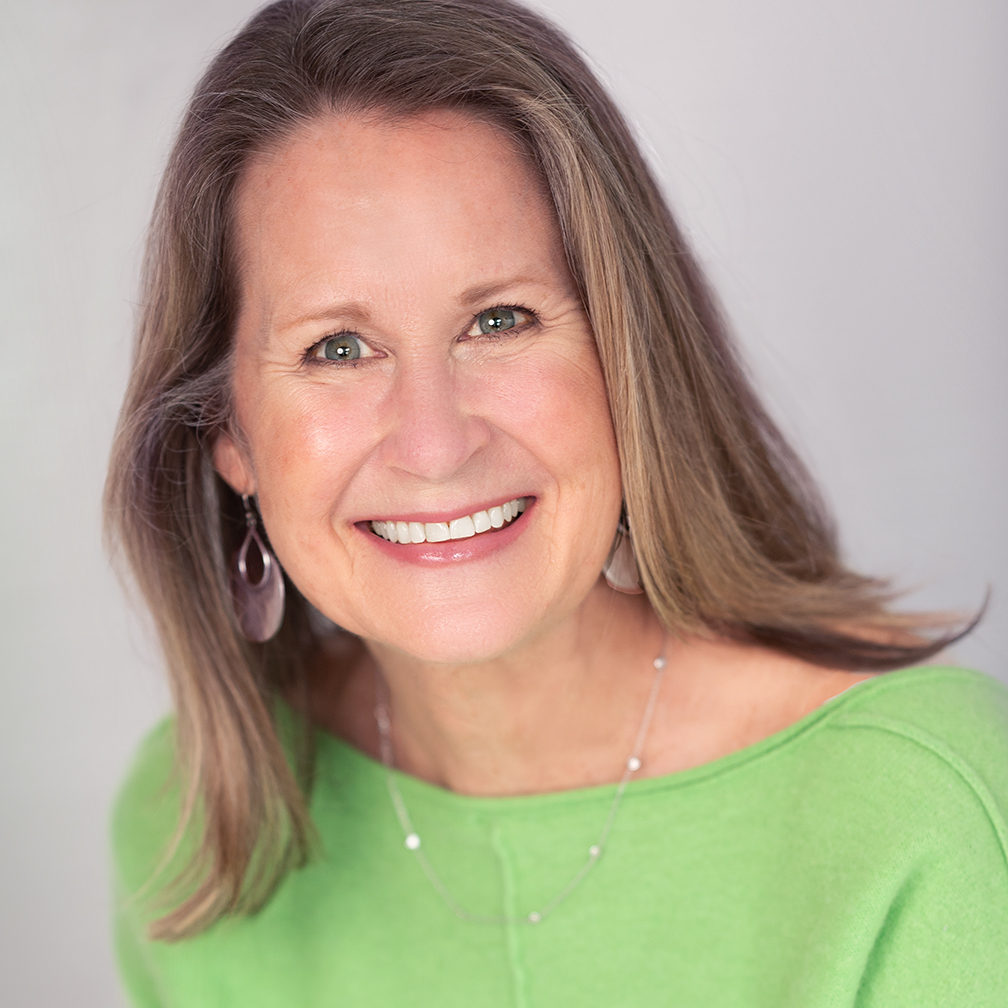Consider a time that had you shaking your head and saying, I cannot believe that happened.
Here’s a radical thought: Maybe nothing at all happened.
My beloved teacher Byron Katie reminds us, “What you think happened, didn’t.” Instead, you take something that happened, and you add meaning to it — a story. The story you tell becomes the truth for you, and often goes unquestioned.
The real truth is that your memories shift and change with time. But you don’t live like that’s true. You believe your stories and tell and retell them, further anchoring them in your mind. Your stories then shape your perception of reality — of life.
They start with facts, things that did and have happened, like your father dying when you were too young to lose a father. It’s when you add meaning to them, like “men always leave,” that you get into trouble. This unquestioned story can become the lens through which you view your life.
Our memories change. Stories from the past that you retell may not have actually happened exactly that way. I’m often startled when I go back through my journals and read something I wrote a decade or more ago. It’s not even close to the story I’ve heard myself telling! And I was sure I was telling it the way it really happened.
Author Maria Konnikova explored this phenomenon in a New Yorker article titled, appropriately, “You have no idea what happened.” The piece begins with this anecdote:
R.T. first heard about the Challenger explosion as she and her roommate sat watching television in their Emory University dorm room. A news flash came across the screen, shocking them both. R. T., visibly upset, raced upstairs to tell another friend the news. Then she called her parents. Two and a half years after the event, she remembered it as if it were yesterday: the TV, the terrible news, the call home. She could say with absolute certainty that that’s precisely how it happened. Except, it turns out, none of what she remembered was accurate.
As part of an experiment conducted by her psychology 101 professor, R.T. had filled out a questionnaire about her experience the day after the explosion and again two and a half years later. Despite her confidence, her recall was all wrong: “According to R. T.’s first recounting, she’d been in her religion class when she heard some students begin to talk about an explosion. She didn’t know any details of what had happened.”
Consider who you might be without your story, to quote Byron Katie and her book. How might you be if you could live in this present moment as if nothing at all had happened? As if you were fresh and new? What would you see and hear and experience without the cloak of the past influencing your future unfolding?
Who would I be without my story? Because nothing at all happened. The moments where I accessed nothing were the most liberating of my life.
Can you experiment with the idea that “nothing at all happened”? Maybe start small, with an insult or rudeness you experienced recently. Imagine that you added a story to what happened and that it may not be true. This is the beginning of freedom. Because you are the author of your life. You are in the creative seat.


